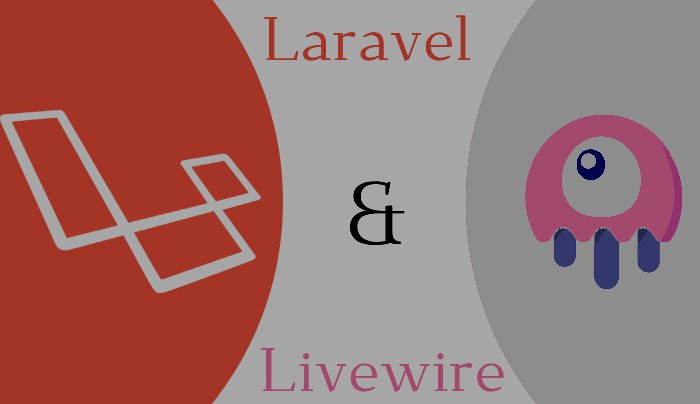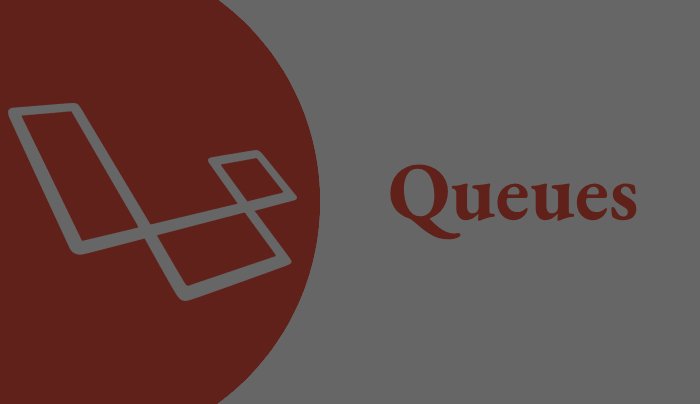Laravel vs Codeigniter
Laravel VS CodeIgniter
Both of these PHP frameworks have its relevance and benefits. However, It entirely depends on your project that which one you should prefer. Despite that, we can say that Laravel has a little edge compared to CodeIgniter because of its elegant and advanced features.
What is Laravel?
Laravel is an open-source PHP framework that helps build robust applications with less code. Based on model-view-controller architecture, the Laravel framework offers an integrated packaging system and a devoted dependency manager.
Applications built using the Laravel framework are highly scalable and have easy-to-maintain codebases. Laravel features include an extensive library with reusable components, web development tools, command line interfaces, and object-relational mapping, among others.
What is CodeIgniter?
CodeIgniter is an open-source PHP framework that helps build dynamic, fully functional web pages. CodeIgniter offers a rich set of libraries to perform common and repetitive tasks. CodeIgniter framework uses a simple interface and logical structure to access the set of libraries.
Applications built using CodeIgniter have excellent database and session management. CodeIgniter features include flexible URL routing, full page caching, error logging, and form and data validation, among others.
Learning Curve:
- CodeIgniter has a shallow learning curve making it easier for developers to learn and practice with CodeIgniter.
- Laravel has a steep learning curve, with developers taking some time to learn and practice with Laravel.
Authentication:
- CodeIgniter developers must write custom CodeIgniter extensions for user authentication and authorization.
- Laravel offers the authentication class feature to execute authentication and authorization for web applications.
Unit Testing:
- Laravel provides a built-in unit testing feature named PHPUnit. PHPUnit allows developers to check the application code thoroughly.
- CodeIgniter does not offer any built-in unit testing support. Developers using the CodeIgniter framework must use third-party unit testing tools to check code quality and application.
Modularity Features:
- Laravel provides in-built modules that allow developers to divide parts of a big project into smaller modules.
- CodeIgniter framework does not have any in-built modules. Developers must use extensions to create and maintain separate modules.
Key differences between Laravel and CodeIgniter:
| Parameters | Laravel | CodeIgniter |
| Architecture | MVC | MVC and can be HMVC |
| REST API | Supported | Not Supported |
| Template Language | Laravel Blade | Less Scalable |
| Database Model | Relational Object-Oriented | Object-Oriented |
| Supported Databases | MySQL, Oracle, MSSQL, IBM DB2, PostgreSQL, JDBC, SQLite, MongoDB | MySQL, Oracle, MSSQL, PostgreSQL, Microsoft BI, MongoDB |
| Eloquent ORM | Supported | Not Supported |
| Unit Testing | Has Built-in Unit Testing Feature | Not Supported as Built-in, Available as 3rd Party |
Advantages of Laravel:
- Proper documentation
- Integration with mail services
- Fewer repetitive tasks
- Short product development cycle
- Excellent exceptional handling
- Smooth database migration
- Cache integration
- High level of security
- Fast debugging
- Automated testing
Advantages of CodeIgniter:
- Instant configuration
- Secure platform
- User-friendly interface
- Migration support services
- Community support
- Test-driven development
- Error-handling
- Website customizability
- Lightweight framework
Conclusion:
Laravel framework was launched five years after the CodeIgniter framework. Laravel is an advanced PHP framework that provides seamless updates and integration. In the Laravel vs CodeIgniter battle, Laravel does have the edge over CodeIgniter because of the elegant and advanced features it provides.
Recent Posts
.jpg)

.jpg)
.jpg)
.jpg)
.jpg)
.jpg)

 (1).jpg)
.jpg)